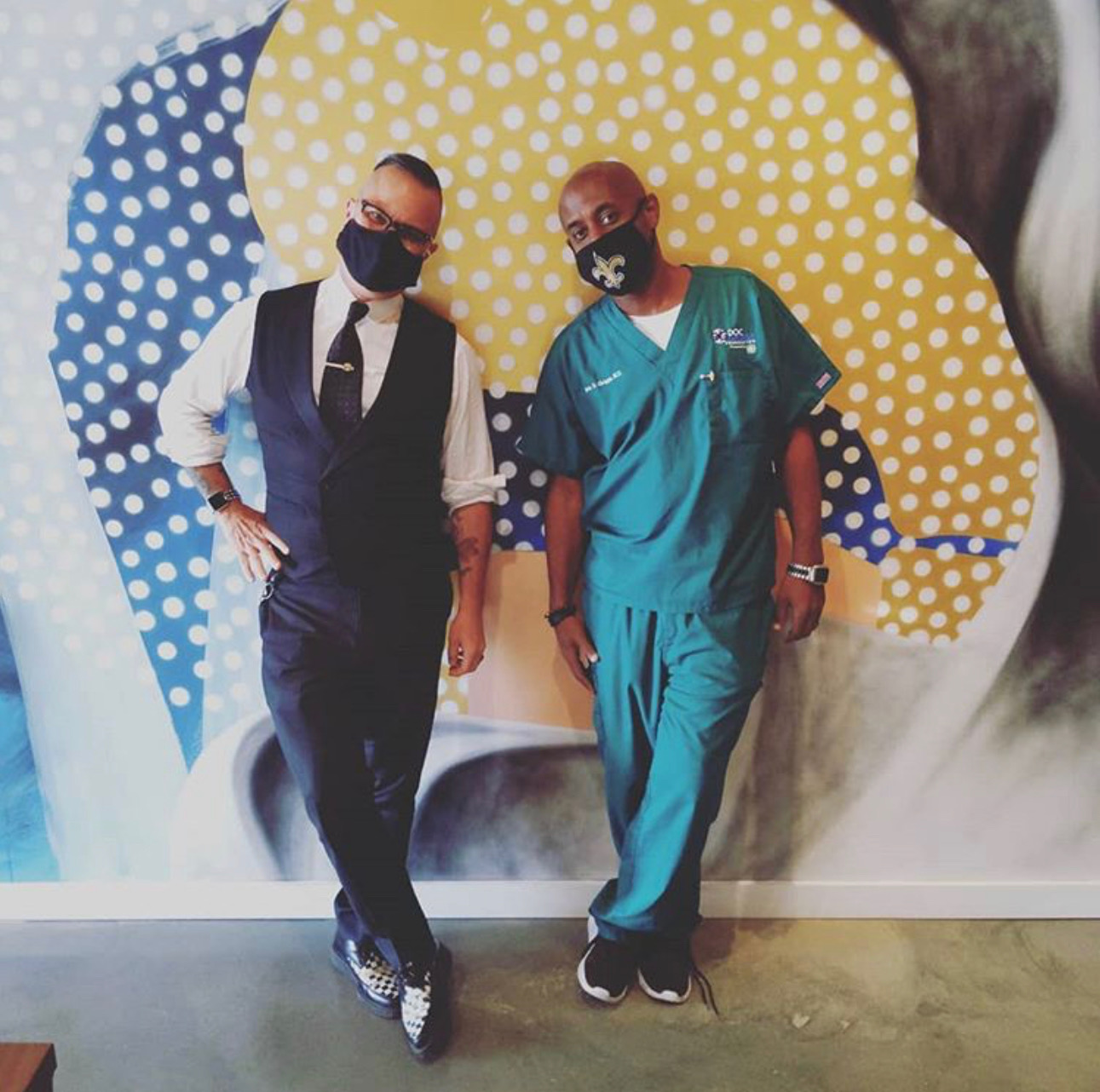Life in Quarantine: Witnessing Global Pandemic is an initiative sponsored by the Poetic Media Lab and the Center for Spatial and Textual Analysis at Stanford University.

M.M., 36, a writer in Monroe, WA


Some of the guards are angry. Some are pouting. A small handful, however, are being good sports about having been ordered by their superiors to cover their faces while at work.
I’m thinking: It’s a shame it took a riot to make this happen.
The Monroe Correctional Complex (“MCC”) is one of the oldest prisons in Washington State, and the structure does nothing to conceal its age. A tour within the confines of its fifty-foot concrete wall and you feel like you’ve been teleported back through time, and ejected into the courts of a medieval castle. Aesthetically, it’s a monument to everything that might scare you about prison, but those of us who live here know it as a safe haven, and a hub of positive programming and educational opportunities. The vast majority of MCC’s incarcerated population were sent here for protective custody, after being targeted by gangs in other facilities, and for this reason, serious violence is a rare occurrence.
Still, on April 8th 2020, I sat in my cell, listening to the cages rattle, as my neighbors screamed, pounded, and shook the bars. I watched, on my television, from an aerial view of the yard, a crowd of residents kneeling around the baseball diamond with their hands zip-tied behind their backs after a group demonstration turned aggressive. And though I, myself, didn’t participate, I can’t remember many times in my life that I’ve been more grateful than I was toward those who did, because like them, I don’t want to die.
The Washington State Department of Corrections’ website claims that they’ve taken precautions to halt the spread of Covid-19 in all their facilities. Though I don’t have access to the internet, I know this because MCC has been on the news every day for over a week. Here, those steps have involved suspending visitation and all programing (educational, religious, or otherwise), closing down parts of the facility, and limiting the number of individuals allowed in others. For the past month, these steps have confined the majority of us to our living units, which least enable social distancing.
And all the while, a lot of us have been thinking:
The guards are the only possible vessels in which Coronavirus could hitch a ride into our home. So why are they standing elbow to elbow, laughing, and whispering in each other’s ears? And why in the hell aren’t they wearing facemasks?
The media is calling prisons, petri dishes. They’re being compared to the cruise ships we all saw sailing off the coast of Florida with hundreds of infected and several dead on board because the close quarters provided an environment in which it was impossible for Coronavirus not to spread like fire on acetone. A couple weeks ago, the incarcerated community in MCC received a memo, informing us that DOC staff were issued masks with the option of wearing them. Most opted not to wear them, so naturally, people got sick. Some of us wrote grievances, receiving only vague and evasive responses. I asked one guard in the dining-hall why he refused to wear his mask, in light of the death which he could be unknowingly introducing into my community, and he smiled as he responded:
“Man, I’m just trying to spread the love.”
And I was thinking: Oh yeah, they don’t view us as human. Why would they care if they kill us?
It doesn’t seem to matter that MCC is unique amongst prisons, in that a high percentage of its residents have turned their backs on self-destructive lifestyles, choosing instead, to invest their time and energies into education and other modes of rehabilitation. The mentality seems to be:
Fuck ’em. If they die, they die.
So as time passed, people continued to get sick, and on the evening of April 8th nonlethal weapons were deployed in the yard because a crowd of residents decided the long stretch in segregation that they’ll now be sentenced to, is favorable over being murdered by Washington State Department of Corrections staff. Every one of them was housed in the Minimum Security Unit, and set to be released in under four years. With the loss of good-conduct-time, which results in participating in a group demonstration, every one of their release dates will now be postponed. But the incident received national attention, and the guards in MCC were ordered to wear facemasks.
So now I’m thinking: Why are some guards still not wearing them?
Last night, when somebody asked one who was working in my unit that very question, I stood at my bars and listened closely as he replied:
“I’m hoping one of you writes a grievance on me so I’ll get suspended and get some time off work.”
And I was wondering: Why should I have to write a grievance? Shouldn’t he be fired on the spot for not complying with an order intended to keep him from killing me?
And: If it took a riot the first time, what’s it going to take now?
But mostly, I’m thinking:
I wish I could thank the heroes who took a stand on April 8th in an attempt to save my life.
[submitted on 6/9/2020]
The NoiseFilter podcast featuring this story is available on Apple Podcasts, Breaker, Castbox, Google Podcasts, Overcast, Pockets Casts, RadioPublic and Spotify. Click here to listen!
Learn more about the LiQ and NoiseFilter collaboration here!
Our Sponsors and Partners
Previous
Next
Find Us!
Center for Spatial and Textual Analysis (CESTA),
Stanford University
Address:
4th floor, Wallenberg Hall (bldg. 160)
450 Jane Stanford Way
Stanford, CA 94305
Stanford Mail Code: 2055